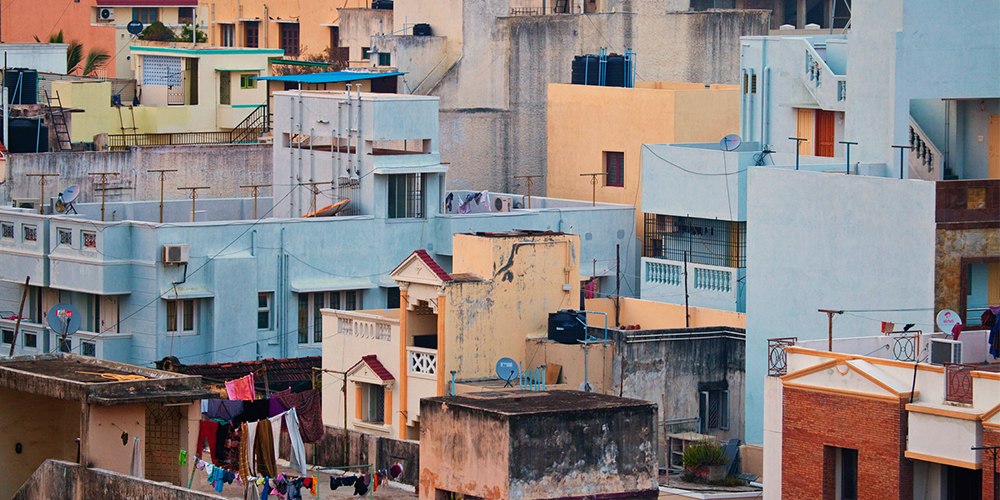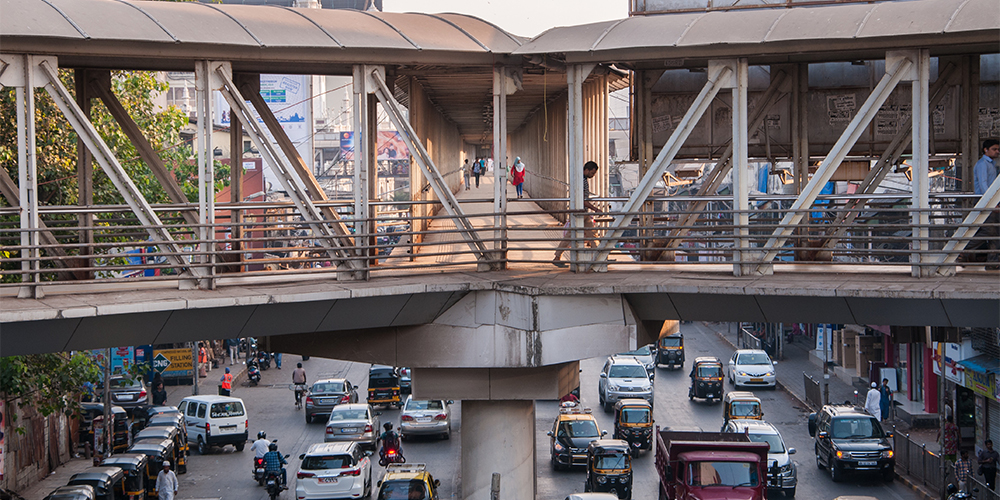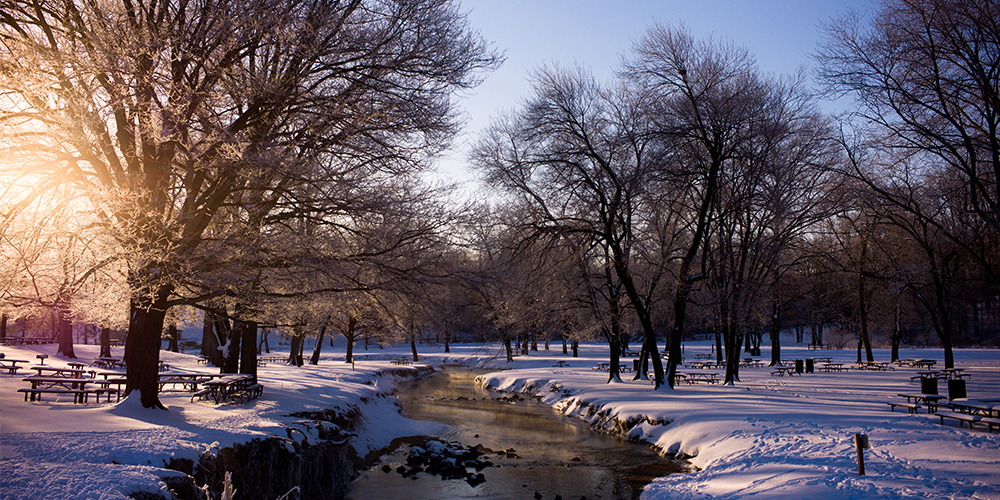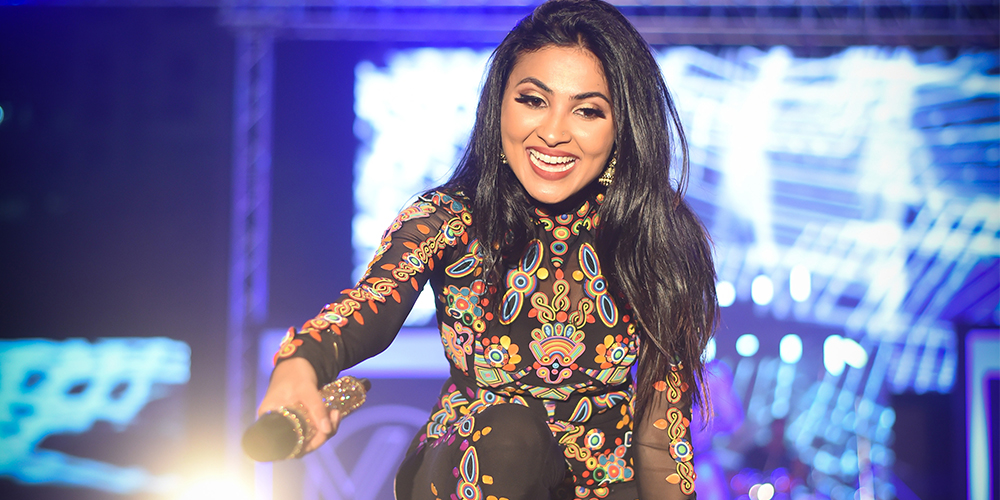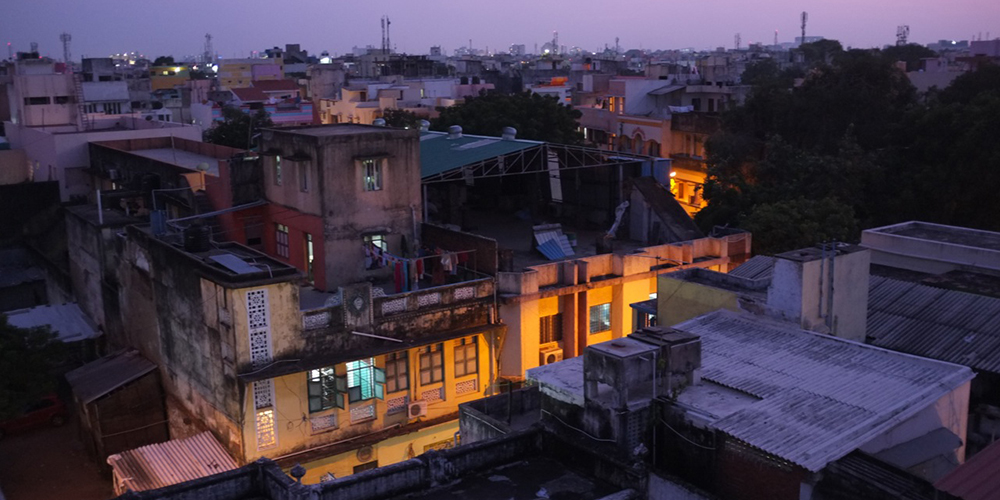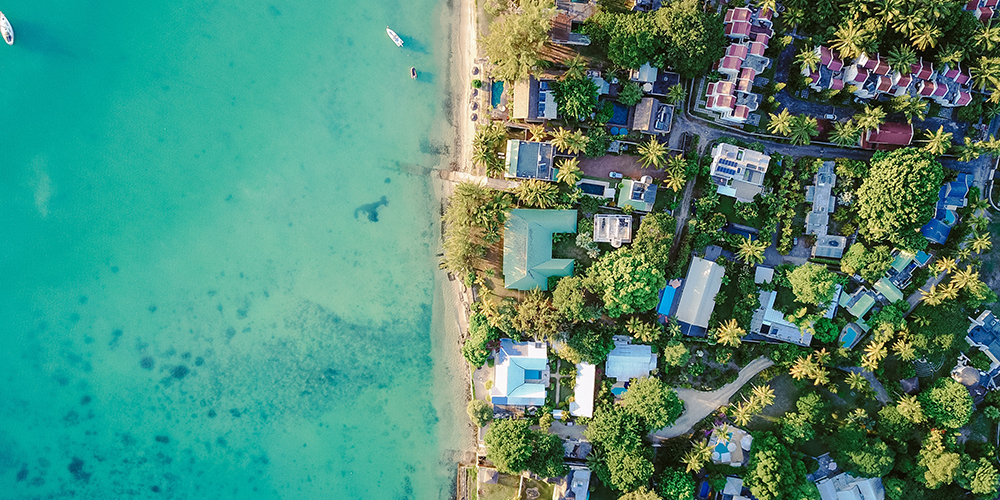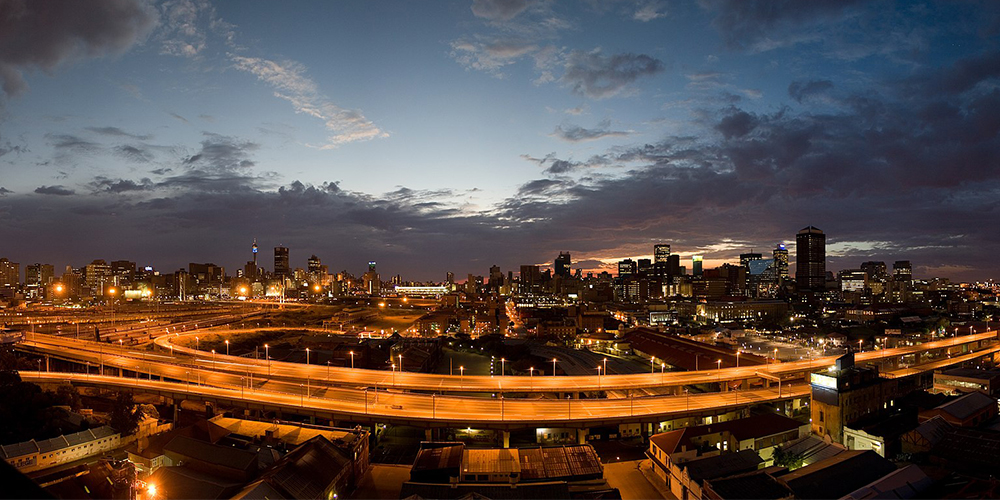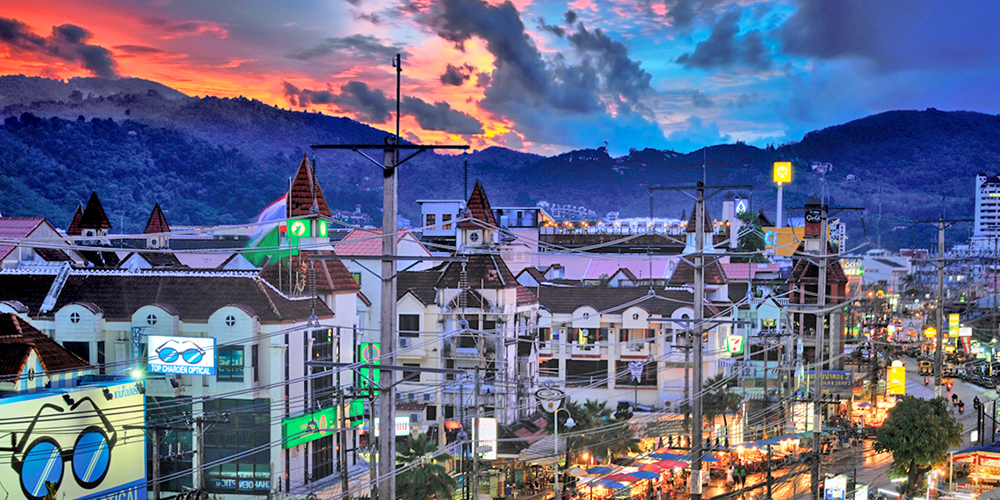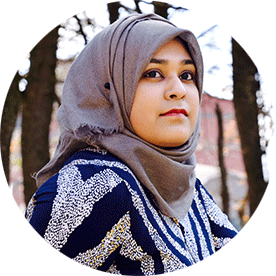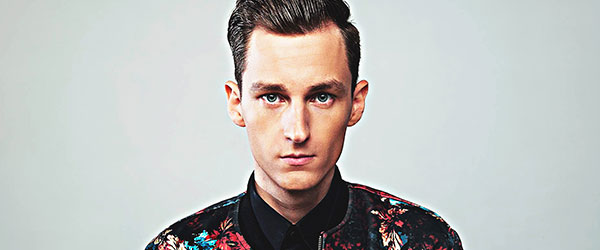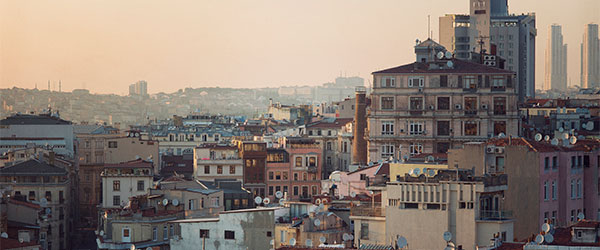Romeo Blanco’s introduction into the industry has Sony Music, Warner Music, Armada Music, Spinnin' Records and Flamingo Records alike bowing to ...
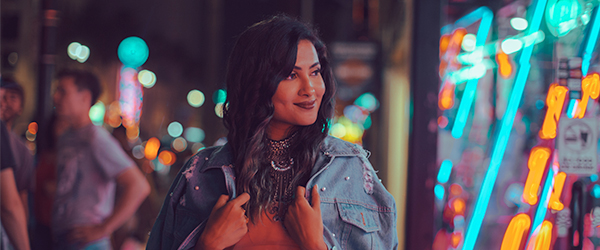
Vidya Vox brings together influences of her Indian-American heritage to create music that is refreshingly new, unique and contemporary, seamlessly fusing together the intricacies of Indian music with elements of electronic and hip-hop for an undeniably catchy sound. Since launching her YouTube channel in 2015 with mashups of Western pop hits and music from her native India, Vidya has amassed over 350-million views and over three-million subscribers, changing the course of her life in ways she never thought possible.
With her debut EP, “Kuthu Fire,” Vidya turns another dream into reality, releasing a set of genre-mixing and culture-blending original songs that brings her worlds together in a sound all her own, universal in its appeal. The original songs featured on ‘Kuthu Fire’ are an extension of Vidya’s mashups, as they blend together very different cultural styles of music, but they stand apart in their hip-hop and electronic-inspired arrangements. Be sure to check out the title track, “Kuthu Fire,” from the release embedded below.
— — —
Mehnaz Ladha: Kicking it off, you were born in Chennai, India and grew up for a bit in Mumbai, India. So, what really stands out about these cities and makes them special to you? Where would you send a first-time visitor?
Vidya Vox: In Chennai, I would say to my grandma’s house! But actually, that’s why it’s so special. My grandma still lives there and you can get literally the best South Indian food, obviously. So, I would probably send the first-time visitor to Saravana Bhavan in Chennai.
In Mumbai, I grew up there for a bit and I also moved back there after college. So, I have a million places to send someone who goes there for the first time. Urban Tadka, for example, is one of them, which is one of my favorite spots to eat when in Mumbai. I feel like I always explore every city through food, because I literally love eating at all times! It’s quite interesting and the best way to see cities in my experience.
ML: Definitely! Especially in India where you have so many subcultures within the larger culture, food is an incredible lens to really understand each one individually.
VV: Yeah, it’s incredible, especially in India! Mumbai specifically has the best food scene, because you can have parsi biriyani for lunch at Britannia Café and Punjabi Dinner at Urban Tadka, which is kind of like a dhaba, but not really.
ML: I’ve been to India twice actually and I haven’t yet had the whole dhaba experience. So, my dream is to make it to Rajasthan and just eat at dhabas for two weeks.
VV: Oh my god, yeah! You would probably need to take some Imodium or anti-diarrhea pills in all honesty because it’s so rich. Somehow, even though I was born there and lived there for a few years, I don’t think my gut is as strong as the regular Indian person’s gut.
ML: I’ll definitely add that to the packing list! So, for many people, it’s a challenge to balance their cultural identities. Growing up in America, what were some of the challenges you faced and how did you overcome them?
VV: Most of my growing up was actually in Fairfax, Virginia. I think especially in middle school, I was the only Indian kid there. It was really hard to explain food or culture to anybody especially at that age, because I also didn’t understand. It was kind of the dichotomy of singing bhajans, learning Carnatic music at home and speaking Tamil, but then going to school where I listened to Shakira, Destiny’s Child and Backstreet Boys while eating pizza and fries. Not exactly though, because my mom never let me. I would see the other kids eating pizza and fries and I would bring daal chawaal. I’m grateful for it now, but back then I was like, “Mom, I literally just want a peanut butter and jelly sandwich.” She would never do it and say it’s so unhealthy. So, that was a little tough and other kids did not understand that.
READ MORE: Travel Profile: Dan Mace
So much of that is driven by what we see in our media today. I didn’t have Priyanka Chopra or Mindy Kaling or Kumail Nanjiani or any strong South Asian people in the media at that time. Also, social media at the time wasn’t a thing, so I couldn’t be going to Mindy Kaling’s Instagram and see her doing amazing things while thinking that I could be Indian and do cool things too. So, that was really difficult, and I got teased and bullied a lot for that. But then, going into high school, there were more Indian people, but I still friended all the brown people and we just stuck together. I was trying to fit in and be as American as possible, which I thought was the solution back then. Then, going into college, I joined an Indian dance team and I really became involved in all the organizations.
ML: It sounds like you really came to embrace yourself and your cultural identity at that point in your life.
VV: Yeah, I really embraced my culture and I don’t think that I would ever go back. Through music, I’ve found a balance of being both. You can be Indian-American. You don’t have to be Indian or American. It’s not mutually exclusive and it’s something that I’ve realized and I think people celebrate now. I think we could use a little bit more South Asian representation in the West, but I think that it’s growing and something is better than nothing.
ML: Most definitely! Let me ask you, have you ever thought about how you could become the Mindy Kaling of the next generation in terms of being an example of how to blend together your cultural identities?
VV: So, the plus side of social media is that people can look me up or look up Mindy Kaling or other amazing South Asian people, immigrants specifically, doing amazing things. They are able to see them doing cool things, thriving and being successful. Then, they can say, “I can do it too.” That’s one of the positive things of social media.
But, I don’t think of myself like that. It’s weird, because every time I’m performing and there are a lot of young girls at my concerts, I’ll be like, “Social media is not real.” I always throw that in especially with a younger audience, but that’s when I feel like I think about it the most. I have that responsibility. At the same time though, I still have to be music first and that’s usually where my head is.
ML: What was your first real exposure to music? How did you get inspired to create your own and eventually pursue it as a career?
VV: I grew up learning Carnatic music since the age of five. My mom put my sister and me in some classes and we grew up learning it. Even when we moved from Chennai to Mumbai to Virginia, I still did it all throughout high school. Then, academics took over and I never really thought of singing as a career, to be honest, until I met Shankar Tucker, who I still collaborate with. We did a collaboration on his channel and then I started singing at shows with him as part of his ensemble. That’s when I thought that this could be a thing. It’s honestly because of YouTube, because you get to keep so much creative control. You could be sitting on this side of the world and still, so many people can view your music literally across the globe. That’s a really cool thing!
READ MORE: Travel Profile: CloZee
ML: After college, you returned to Mumbai to study classical music and the arts. What was that experience like
VV: When I went back, my mindset was that I have to train and immerse myself in the local music scene. I was super focused, but I also made some amazing friends who are like family now. Going back to India was really great, because I learned to love it even more. Growing up, it was just like we’d go back every summer, visit my grandma and I’d never get to explore the country outside of that. Many families have that experience, but living there for two years, it was basically my home, so I found a way to make it my home again.
Going there though, I had so much anxiety because I have no family in Mumbai. The only person that was there that I knew was Shankar. So, I was like, “Oh my god, I’m going to go from [Washington, DC] to Mumbai.” It was really nerve-wracking, but then as I got used to it and my Hindi came back, I got more and more comfortable.
ML: It’s always the case that your mother tongue resurfaces once you’re immersed in a surrounding where it’s used so frequently.
VV: Of course! You forget it and if you don’t have practice, it’s like anything else and it just fades. That was the biggest problem. Once I was there, people made fun of me for my Hindi in the beginning. But by the end of the two years, there were like, “You can be from ‘Bombay.’”
ML: And now, these languages are so central to your music. Early on, were you anxious or nervous about the public reception to your music?
VV: I always, even now before releasing any song, am so nervous about it. At the end of the day, I need to remember and I keep reminding myself that music is so subjective. You’re going to like a song that I won’t like and vice versa. Some people might like it and some people won’t. With the languages especially, I try to get a native speaker to listen to it. I get tutorials and I try to make sure I nail the pronunciation, because that’s something that’s really important when singing in Indian languages as opposed to singing in English, which is a completely different style and technique. It’s specific to Indian languages. That’s a really important thing to be aware of so I try to do that. Hopefully, going forward, I can continue to do that, because it’s so central to who I am and my music.
ML: What about the music scenes of India versus the America? How would you compare them?
VV: The music scene in Mumbai is made up of a few things. It’s obviously very Bollywood driven. Music in India is like that largely because there’s no kind of pop-like scene. Bollywood is the pop scene. There’s also the independent scene, which is really cool. I have a lot of friends doing that, which is some Bollywood playback. That’s where the money is – in Bollywood. Obviously, there’s also amazing folk and classical musicians. Broadly categorized are these four things that are going on. Honestly, I really loved it because there are so many things you could take inspiration from, and I’m obviously inspired by classical music because I learned it growing up.
Now, I’m in [Los Angeles, California] and it’s very much pop music focused. That’s the most popular and also where the money is. The other thing about LA is that it’s more accepting of weird genres. You can do your thing. For example, I was listening to this artist and her new album was new metal funk rock. Literally, all of these crazy genres but these artists sell out the Echo for two nights in a row and do a whole [United States] tour. I think that’s because there are little pockets of people who come to those kinds of concerts. I’m not sure that that acceptance is there in Mumbai, maybe because it’s so culturally driven. It’s so different so it’s hard to compare. But, that’s something that I noticed, which is why living in LA made sense, since a lot of my new music and writing is all in English.
ML: Absolutely! As such a creative person, you know what environments you thrive in. So, your music is defined by a blend of East and West. You’ve been dubbed “the mashup star.” What does the creative process behind the scenes of your viral mash-ups and original songs look like?
VV: Usually, if it’s a song that I’ve heard and like, I put it down on my phone. Then, Shankar and I would start with a song to see what could match with it, sing through things and decide if things are going to work or not. But, in the past year and a half or so, I’ve just been doing original music. I’ve not been doing covers anymore, because it was time to make that transition. Covers are great and I really enjoyed doing them, but it doesn’t show who I am as an artist in terms of artistic choices. There is some artistic expression doing covers and mashups, but I think that original music is honestly the way to go even though it may have a much smaller audience, and I’m much happier doing it.
READ MORE: Travel Profile: Lil Eddie
With the creative process of original music, it’s much harder. With mash-ups, I was proud of everything that I did, but it was also a much faster process. I wasn’t writing the lyrics or composing the tune. With the original music, Shankar and I really sit down to compose the tune, produce it and write it together. It’s so much more like, “Does it fit over all with the theme of this album?”
I’m in the middle of writing so many songs, so that’s why I feel like I’m in this mode. That’s kind of the difference, but, overall, the creative process is the same. You see when things go together. With the mash-ups specifically, one thing we had to keep in mind is whether the tempos were the same and whether the scales were the same. One song would usually have to compromise with the other, whichever didn’t take a leading role in the mash-up. So, some songs would have to get sped up and some songs have to get slowed down. In the beginning, I would spend three-or-four days in the studio being like, “Why isn’t this mash-up working?” If it doesn’t work in the first hour, then it’s not going to work at all. We went through it like a puzzle piece with so many trials and eventually, we just got really good at it. In the first 10 minutes, we would be like this is working and this is not working.
ML: “Kuthu Fire,” your EP released in 2016, features genre-mixing and culture-blending songs filled with messages about female empowerment, being free and looking inward. Describe the inspiration behind these original songs.
VV: This album was inspired by my travels, because I was doing so many concerts at the time. Every week, I was in a different place. I also really wanted to bring folk influences. Specifically, the kuthu beat. There’s the chenda drumline in “Be Free.” Then, there’s the kuthu beat in “Kuthu Fire” and there’s a folk line in “Diamonds.” Folk traditions are so much easier to blend with and so much more fun. It makes for such a fun concert and I really wanted to showcase that. It’s something that people definitely in the West don’t know about. Like no one here in LA really knows what Indian folk music is. It’s insane, but especially with south Indian folk music because everyone knows bhangra and Punjabi folk music. But, at the same time, that’s limited too. So, with “Kuthu Fire,” I wanted to showcase that and bring a little bit of that spark and curiosity to the listener, while keeping it very much in English so that it became a common thread and people can understand and relate to it.
READ MORE: Miami Profile: Robbie Rivera
ML: Your musical journey has taken you all over the US, including a performance at the White House, and throughout the world. What has been your most memorable performance yet?
VV: That’s hard to say because every performance is memorable in some way. Every, single concert has some crazy story. But, I really enjoy going to islands. We performed at Reunion Island. I’ve also performed in Mauritius a few times now and also in Trinidad. Also, Suriname isn’t an island, but it’s part of South America. In all those places though, it’s so interesting that the Indian diaspora from generations ago have been doing mash-ups, developing certain styles of music that assimilate to the local culture, while also bringing Indian elements. I really enjoy listening to that and experiencing that culture there, because it’s like Indian fusion. Not Reunion Island as much, because it’s mainly French, but definitely Mauritius and Trinidad with chutney music. When we went there, we would take a local folk song and add it to the concert just to see people go really crazy for that. It would be in Hindi and also in English.
Obviously, places like the White House and specifically India are all really amazing. India has a really special energy when you perform there. The audience gives you everything you need to be on stage. I’ve performed in so many places and that does not happen that easily. India is one place where that is so great. It’s something I never take for granted and really appreciate. In each place, I really try and make the most of it. Though, it’s usually just stressful and always in hindsight, I realize that I actually enjoyed that.
ML: What are your top-three destinations that you would want to perform in sometime in the future?
VV: I have a US tour coming out in March and I’m excited for that. But, in the future, I really want to go to Malaysia, Singapore and pretty much anywhere in that area of the world. That would be really fun, and hopefully, London. I haven’t performed there yet.
ML: To create music, and traveling to promote it, must be such a feeling. What’s the most impactful and meaningful part you cherish about it?
VV: Very often, I don’t get to see the faces of the people who listen to my music. I put out a video and don’t look at comments or interact with it, because there are obviously downsides to being online. One of the best parts about performing is seeing all these people in a room there just to listen to your music. It’s always overwhelming for me, especially when people are shouting for my original songs. I can’t tell you how that feels. It is so satisfying! I feel proud of that. That’s one of the best parts.
I also love seeing other cities. I usually don’t get time to spend there, especially if I’m on tour. It’s a travel day, show day, and then, I leave the next morning. Even if it’s just airport to hotel, it’s nice to see different cities. I was in Johannesburg, South Africa last year as part of the tour and it was so nice. It’s so special that in so many different corners of the world, people listen to our music.
ML: Airports can tell you a lot about the culture of a country. Certain airports in the tropics are lined with palm trees and have a much more laid-back atmosphere compared to the rigidity of some European airports.
VV: Yeah! You can get a great croissant at [Charles de Gaulle Airport] in Paris, France, but you can get a great dosa in Mumbai. So, all the food is really great. I spend a lot of my time in airports.
ML: One of our core objectives at SCP is to bring people together while traveling, not only to influence people to see and appreciate our beautiful world, but to also minimize cross-cultural divides. What effect does travel, specifically surrounding music, have on humans in this regard? How has it broadened your perspective of the world?
READ MORE: Travel Profile: Chris “X-13” Higgins of Wank
VV: Traveling is so important for everybody. Just being able to step out of what your comfort zone and own world is so important. Just to go see how other people live their lives, how different cultures operate, and how the societal norms that are in different communities is important. That was something that really opened my mind when traveling, seeing different places and meeting different people.
I also see a marked difference with even my friends who have traveled a lot and who haven’t traveled a lot. A global perspective affects everything – your views, as well as, how you live your life. It’s really important for everyone to travel at least once a year. Even if you’re going locally somewhere, it’s important to be able to step out of your routine and comfort zone to be able to experience other people’s food, religion, cultures and clothing.
VV: Whether you’re traveling for the band or for leisure, what are you most excited about when visiting a new destination?
I’m not going to lie – the food! Also, if it’s a cool spot like Mauritius, then I can’t wait to go to the beach. Meeting people is something I also really look forward to because the thing about travel is that we think we’re all so different because on the surface, we might be wearing salwar and you’re wearing jeans. But at the core, we’re all the same. We want the same things in life. That’s a really important realization that I’ve had while traveling. You can be living on a beautiful island or I could be living in LA, but we all want the same things in life.
With traveling, I’m really just excited to see new things and anything. I love walking around cities too. I was just in Phuket, Thailand a few weeks ago and going to the night markets and seeing how people live their lives was just really great.
ML: Lastly, what do the next couple of months have in store for you?
VV: I’m going to be releasing a new album and I’m so excited for it. I basically have eight songs right now, so I still have few more to go. Then, I’m going on tour in the US in March and I’m doing eight cities. It’s a co-headlining tour with Red Baraat. So, I’m very excited!


With an infinity pool peering out over Cancun's white-sand beaches and crystal-clear waters, it won't be hard to have fun in the Mexican sun.
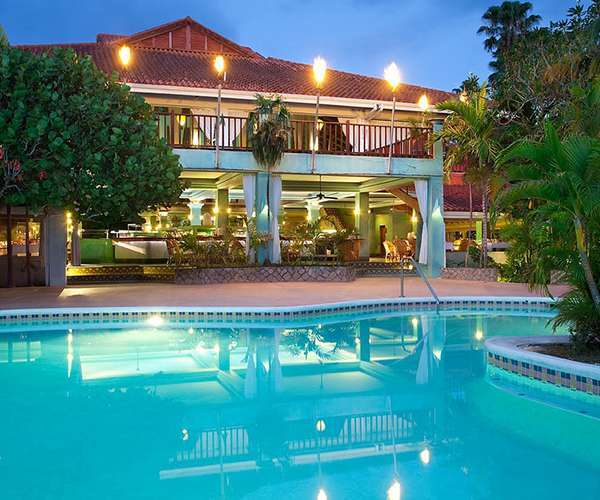

A romantic getaway in western Jamaica? Yup, sounds about right. Intimacy won't be a problem at this resort.
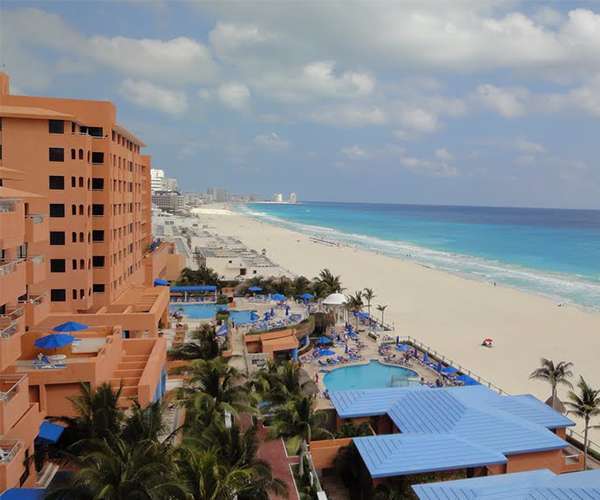

Highlighted by Cancun's crystal-clear waters, this resorts' all-inclusive atmosphere at an affordable price is hard to beat.


Dropping travelers right in the heart of New York City, there won't be any case of boredom while staying here!






